Headaches
A headache is usually described as a throbbing, sharp, steady, or dull pain in the head. There are different types of headaches:
- Tension headaches usually cause pain that wraps around your head like a band. The pain can be more intense in the front or near the back of your head.
- Sinus headaches cause pain in the forehead, cheeks, and nasal areas. Sinus headaches usually have other symptoms such as a stuffy or runny nose and your senses of smell and taste may be affected.
- Migraine headaches can cause a painful pulsing or throbbing in the head and may cause nausea, vomiting, and sensitivity to bright light and sound.
You may have any or all of these types of headaches during breast cancer treatment.
Breast cancer treatments that can cause headaches include:
- chemotherapy:
- hormonal therapy:
- some targeted therapies:
- Herceptin (chemical name trastuzumab)
- Herceptin Hylecta (chemical name: trastuzumab and hyaluronidase-oysk)
- Herzuma (chemical name: trastuzumab-pkrb)
- Kadcyla (chemical name: T-DM1 or ado-trastuzumab emtansine)
- Kisqali (chemical name: ribociclib, formerly called LEE011)
- Lynparza (chemical name: olaparib)
- Margenza (chemical name: margetuximab-cmkb)
- Ontruzant (chemical name: trastuzumab-dttb)
- Talzenna (chemical name: talazoparib)
- Verzenio (chemical name: abemaciclib)
- immunotherapy:
Pain medications you may be taking along with breast cancer treatments also may cause headaches. When taken in large amounts, pain medicines can cause what's called a “rebound” headache. When the pain medication wears off, the body has a withdrawal reaction, causing another headache. Long-term use of some pain medications can lead to low-grade headaches that don't go away. Talk to your doctor about the correct dosage of pain medications.
Bisphosphonates, medicines that are used to protect bones during breast cancer treatment, also may cause headaches.
Preventing headaches
- Consider complementary and holistic techniques to help reduce emotional and physical stress that can lead to headaches. Relaxation techniques such as deep breathing, meditation, and progressive muscle relaxation may help.
- Relax your entire body at intervals throughout the day focusing on your head, neck, and shoulders. Stretch your arms, legs, and back.
- Exercise a few times a week to keep your muscles flexible. Don’t go overboard — too much exercise sometimes can trigger headaches.
- Get plenty of sleep. Lack of rest can contribute to headaches.
- Don’t smoke — smoking can trigger headaches.
- Eat regular, healthy meals. Missing a meal can cause a headache.
- Make an eating and sleeping schedule and stick to it. A regular routine can help reduce stress levels.
- Avoid caffeine. While some medications that contain caffeine can help ease headaches, adding extra caffeine to your diet with soda, coffee, or chocolate can trigger headaches.
- Be aware of what triggers your headaches. Is it hunger? Stress? A certain medication? Keep a headache diary to track the time of day you get a headaches, the severity of the pain, and what helped ease it. Knowing what triggers your headaches can help you avoid them.
- Take medications as directed by your doctor.
Managing headaches
- Use an ice pack on the affected area. Applying a cold pack or cool washcloth to your forehead, nape of the neck, or temples can help alleviate pain.
- Calm down and relax with a warm bath or shower, nap, or a stroll around the neighborhood.
- Relax in a quiet, dimly lit room. Sit or lie down, with your eyes closed to help release tension. Sometimes soft, relaxing music can help.
A headache can be a symptom of other serious conditions. If you’re having frequent headaches, talk to your doctor to figure out what's causing them and how to treat them.
Photo: FreeImages.com

 or
or 
